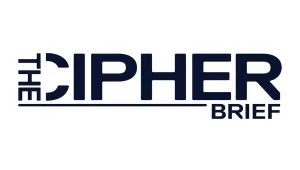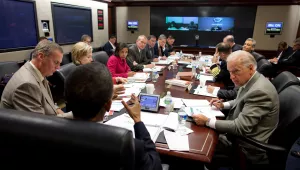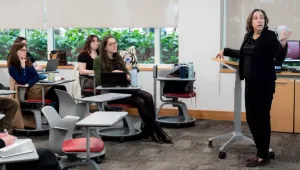
Intelligence Project
-
Director

-
Staff

-
Staff

Announcements
Applications for the Spring 2026 Intelligence Study Group (ISG) are now closed. ISG is designed for Harvard students considering careers in government or the private sector as well as those interested in a broad introduction to intelligence. Applications for Fall 2026 will be announced in August.
Upcoming Events
See upcoming events hosted by the Intelligence Project in our regular Seminar Series.
Our Mission
The Intelligence Project seeks to build a new generation of intelligence practitioners prepared to serve in a rapidly changing world and to help future policymakers and intelligence consumers understand how best to interact with intelligence to gain a decision advantage. Building on multi-disciplinary research at the Belfer Center, from history to geopolitics to emerging technologies, the Intelligence Project links intelligence agencies with Belfer researchers, Faculty, and Kennedy School students, to enrich their education and support public policy decision-making.
Program Activities
Our four main programming pillars:




















